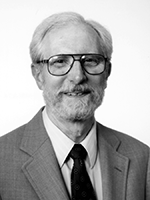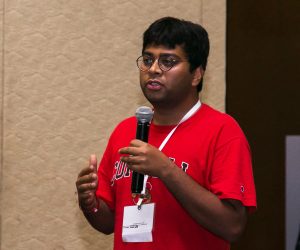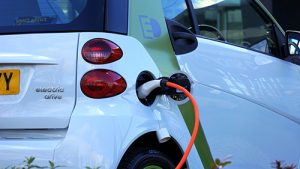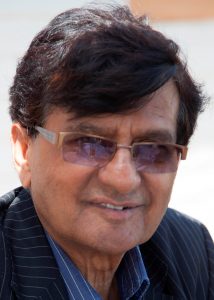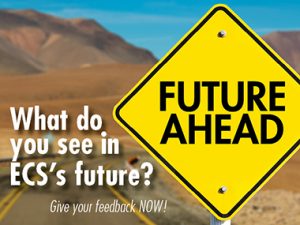 Have you ever picked up your cell, looked at the battery life, and go, “But I just charged this thing. What gives?” It’s not just you. According to The Washington Post, the smartphones battery life is getting worse. And, chances are, you’re new and upgraded 2018 smartphone’s battery life is actually worse than older models.
Have you ever picked up your cell, looked at the battery life, and go, “But I just charged this thing. What gives?” It’s not just you. According to The Washington Post, the smartphones battery life is getting worse. And, chances are, you’re new and upgraded 2018 smartphone’s battery life is actually worse than older models.
Phone makers have claimed to have tackled this battle by including more-efficient processors, low-power modes, and artificial intelligence to manage app drain, but it’s no secret to the battery industry that the lithium-ion batteries in smartphones have hit a plateau.
So, what gives? According to Nadim Maluf, CEO of a firm that optimizes batteries called Qnovos, batteries improve at a very slow pace, about 5 percent per year. (more…)



